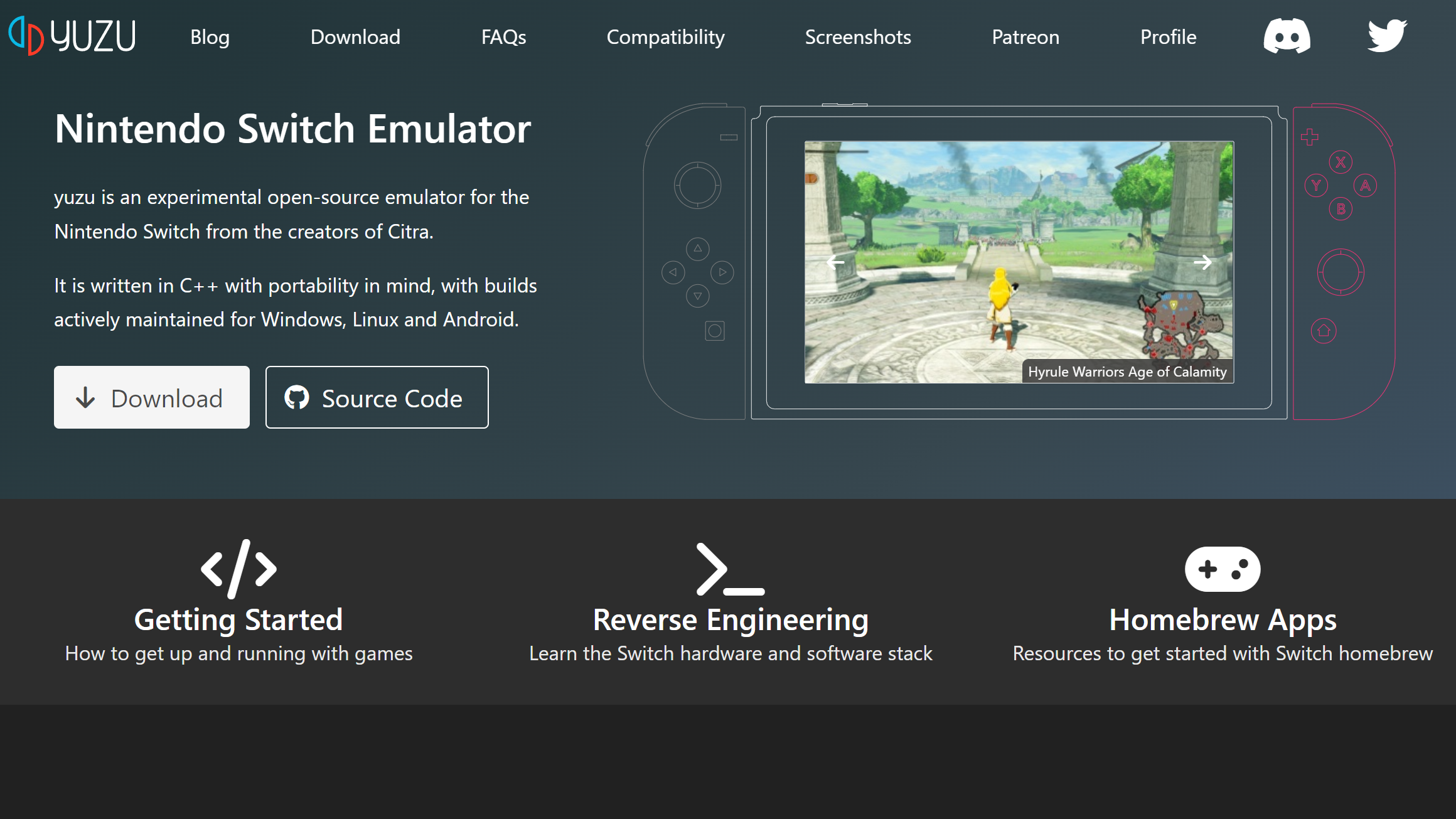
Following last week’s Nintendo lawsuit against Tropic Haze LLC, developers of Switch emulator Yuzu and 3DS emulator Citra, Tropic Haze LLC has folded in only six days. While this move isn’t technically a ruling coming at the end of a long court case, the evidence of the original lawsuit was clearly so damning that Tropic Haze had no choice but to surrender immediately in the form of a joint filing, which we’ll discuss in more detail below.
We first spotted this update on the lawsuit through The Verge, and their coverage also includes a full copy of the two documents comprising the Tropic Haze-Nintendo joint filing. The first document, “Tropic Haze Joint Mot Consent Judgment“, is a 4-page brief with both parties agreeing to the $2.4 million settlement and permanent injunction, which in this case is ceasing all Yuzu (and presumably Citra) development immediately. The second, “Tropic Haze Judgment“, is the 7-page proposed final judgment with that injunction.
Yuzu won’t just be ceasing development beneath this injunction. The Yuzu Team has also agreed to be permanently enjoined from hosting, distributing, or promoting Yuzu. This includes on its website and via Patreon, which were both still up as of this writing. Both will presumably be taken down soon, particularly since the yuzu-emu.org domain name will be surrendered to Nintendo as part of this agreement.
The reasoning for this quick settlement can be boiled down to evidence found back in the original lawsuit.
A section of the lawsuit states “the harm to Nintendo caused by Defendant and Yuzu goes far beyond users making unauthorized copies of games they have lawfully purchased. On information and belief, the vast majority of Yuzu users are using Yuzu to play downloaded pirated games.”
Pages 20 through 24 of the original lawsuit highlight the fact that Legend of Zelda: Tears of the Kingdom was playable on Yuzu on launch day, a feat that would have been (and clearly was) impossible without lead developers using pirated pre-release copies of the game for development. Fan-funded development through Patreon even saw a surge with Tears of the Kingdom’s pre-release leak.
Nintendo’s argument goes as far as to directly cite a PC Gamer piece where Switch emulation developers were interviewed about “the race to perfectly emulate Zelda: Tears of the Kingdom,” showing how flagrantly pirated copies were being used for development.
While it’s unclear how this may eventually impact other emulation projects, including the also-open but Patreon-funded Ryujinx Switch emulator, Nintendo is pushing for the judge to agree with the following statement:
“Developing or distributing software, including Yuzu, that in its ordinary course functions only when cryptographic keys are integrated without authorization, violates the Digital Millennium Copyright Act’s prohibition on trafficking in devices that circumvent effective technological measures, because the software is primarily designed for the purpose of circumventing technological measures.”
While the lawsuit itself locks in on piracy and the enabling of piracy as an issue, statements seen like this in the joint filing and the initial lawsuit also point toward Nintendo being firmly against all emulation, even those done with legally-owned copies of games, based solely on the DMCA’s circumvention argument. What this means for the rest of the scene is not yet clear, but other emulation devs speaking out in an Ars Technica piece don’t seem discouraged.
To Nintendo’s credit, other emulation devs also seem thoroughly unsurprised that Yuzu’s very open flirtation with new-game piracy met with this fate.






